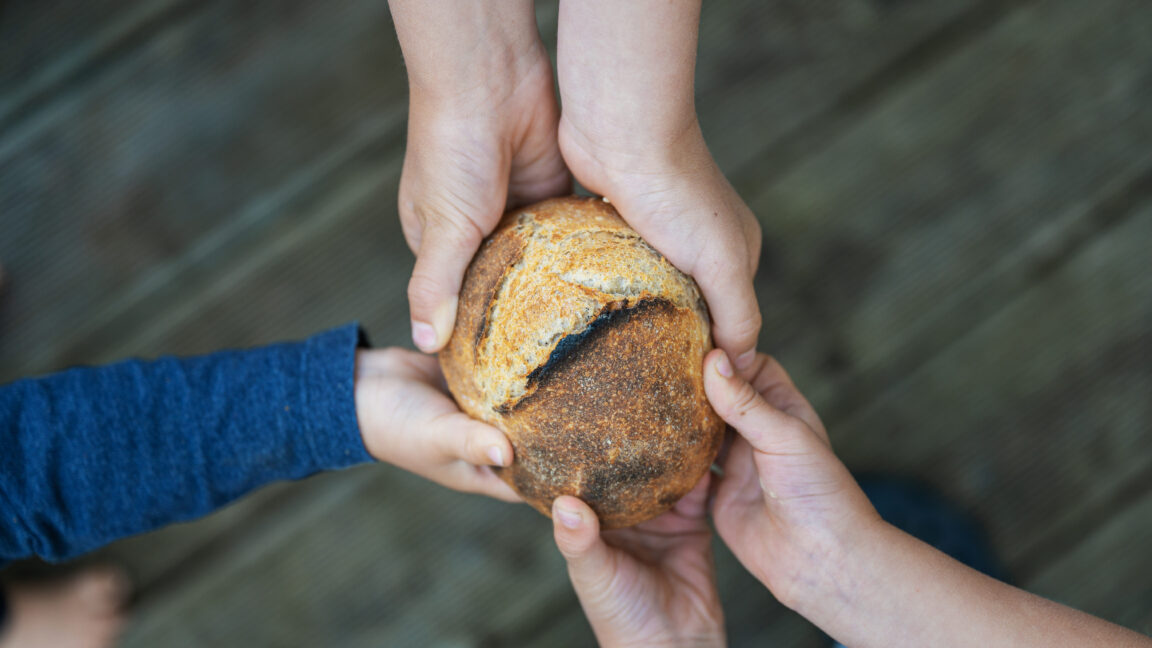When to Share the Bread

On reflecting on the American fable “The Little Red Hen,” storyteller Jamie Melton analyzes this idea of laziness as it applies to her classroom. The story teaches us that hard work is rewarded—a seemingly uncomplicated moral:
But I’m also thinking about how the little red hen and, by extension the reader, is judging the three friends and saying, “ok, what you spent your time on is not worthy of eating my bread.” And adult me knows that everything is more complicated and nuanced than that, and there are lots of reasons beyond just laziness that the friends might not have participated in making the bread. So despite the illustrations, this judgment feels really black-and-white.
I don’t think it’s true. I don’t think there are lazy students.
Melton goes on to explain how she herself has fallen into the trap of casting students as lazy, and how she has worked out of this, with policies and procedures that aim to motivate students, rather than punish them for apparent laziness.
Listen to “When to Share the Bread.”
Citation
Melton, J. (2023, September). When to Share the Bread [Audio]. Retrieved from www.knowlesteachers.org/kaleidoscope.
